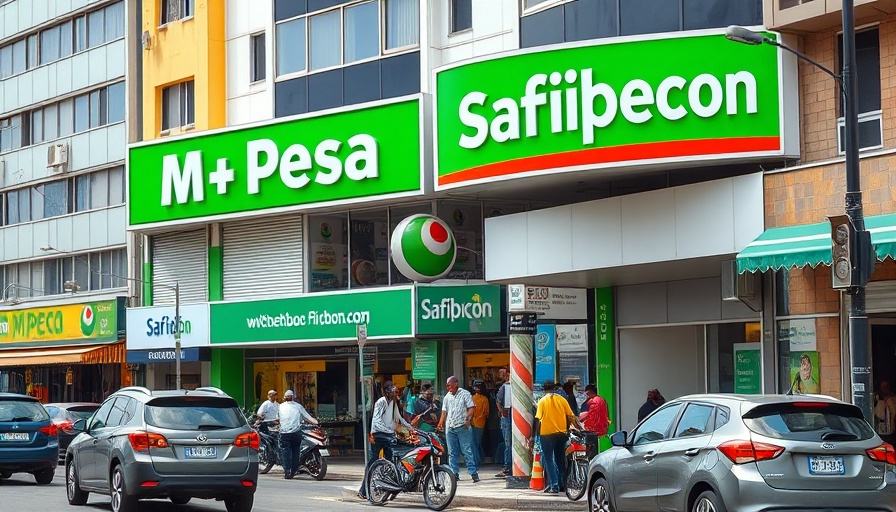
The Changing Face of Mobile Money in Kenya
In recent months, the mobile payments landscape in Kenya has witnessed significant shifts, resulting in a notable decline in Safaricom’s M-PESA service. This downturn marks the fifth consecutive quarter for the platform as it faces mounting competition from Airtel Money, which has gained momentum through aggressive marketing tactics that include fee refunds to users. As the battle for market share intensifies, many are left pondering what this means for the future of mobile finance in the region.
The Rise of Airtel Money
Airtel Money has seen its market share increase from 7.6% to 8.9%, according to the latest data from the Communication Authority of Kenya (CA). The service has capitalized on its lower transaction fees—sending KES 1,000 to other networks costs KES 11 on Airtel Money compared to KES 13 on M-PESA. This pricing strategy, combined with their expanding network of cash agents, particularly in collaboration with supermarkets like Naivas, signifies a strategic offensive that has made Airtel Money a more attractive option for consumers.
Consumer Switching Becomes Easier
A key factor contributing to this transition is the increased interoperability among mobile money platforms, which began in 2022. This allows users to switch between services with relative ease, thus amplifying competitive pressures on established players like M-PESA. As a result, customer loyalty has become more fluid, placing greater emphasis on service affordability and user experience.
Challenges and Future Prospects for M-PESA
Despite M-PESA's current struggles—its market share declining to 91%—the platform remains the dominant player, boasting over 34 million customers. However, the anticipated rollout of the Central Bank of Kenya's Fast Payment System (FPS), which aims to offer instant transactions across all financial institutions, could pose an additional challenge to M-PESA's dominance. As the technological landscape evolves, it raises crucial questions about the sustainability of M-PESA's market position in the face of rising competition and shifting consumer preferences.
The Implications for Financial Inclusion
As competition heats up, it brings forth exciting possibilities for consumers in terms of innovative services and lower costs. Enhanced competition within the mobile money space could ultimately lead to greater financial inclusion, as more Kenyans gain access to affordable and efficient digital financial services. This competitive spirit might also trigger a wave of technological advancements, pointing towards a more interconnected financial ecosystem.
 Add Row
Add Row  Add
Add 




Write A Comment